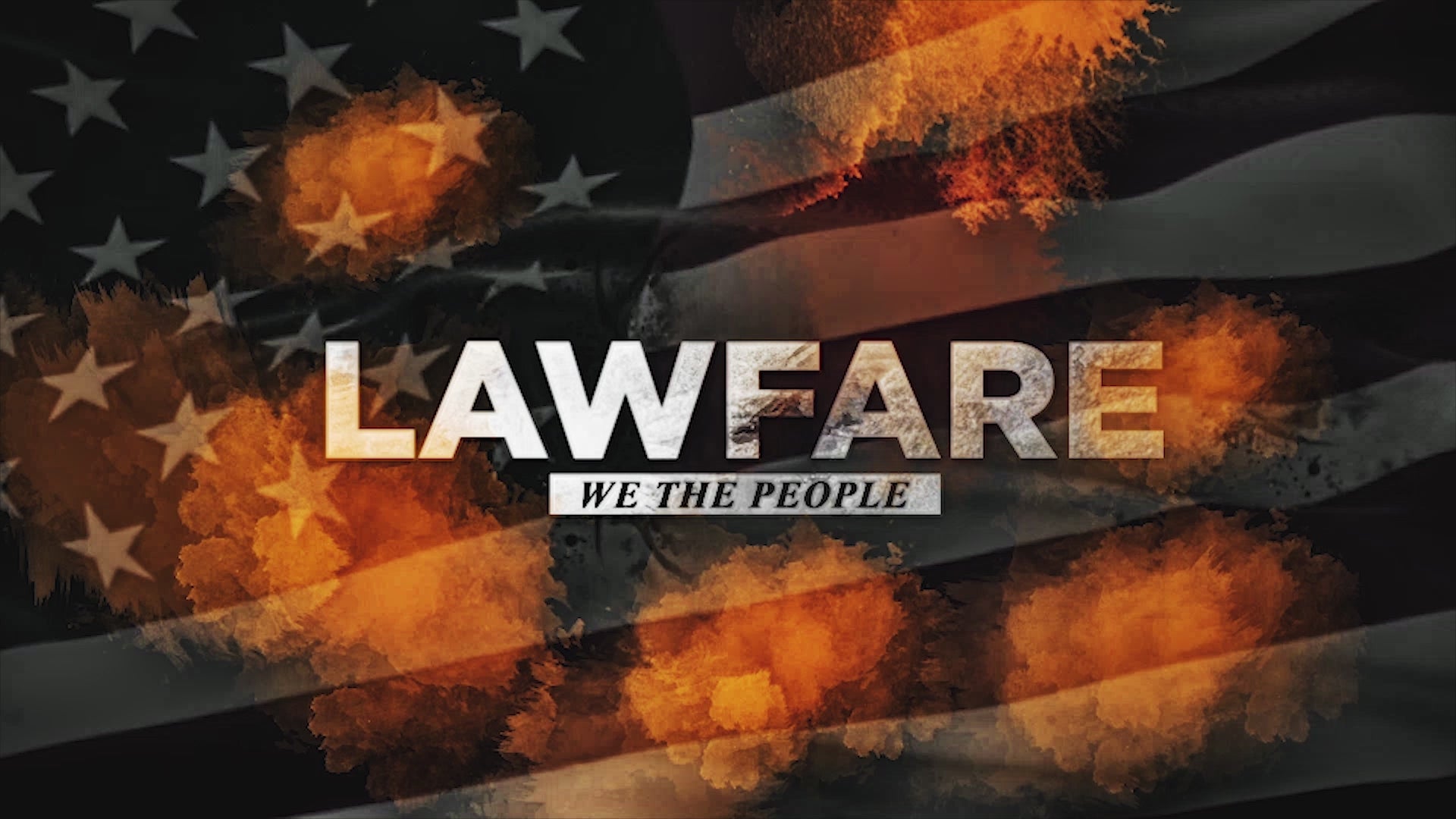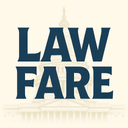On September 10, 2025, the American political landscape was shattered by the assassination of Charlie Kirk, the fiery conservative activist and co-founder of Turning Point USA. Kirk, a staunch ally of President Donald Trump and a vocal critic of progressive policies, was fatally shot during a public event at Utah Valley University in Orem, Utah.
The single gunshot, fired from a rooftop 142 yards away, struck Kirk in the neck, leaving him lifeless in front of his wife, Erika, and a crowd of supporters. The suspect, 22-year-old Tyler Robinson, was apprehended just 33 hours later and is now held without bail in Utah County Jail on charges including first-degree murder. Authorities describe Robinson as coming from a conservative family but having veered into more radical left-leaning ideologies, though a full motive remains under investigation, potentially tied to personal factors like a relationship with a transitioning roommate.
Kirk's death has sent shockwaves through Washington, amplifying existing divides and fueling accusations of a broader assault on conservative voices. Vigils and memorials, from the Kennedy Center in D.C. to a massive event planned at Arizona's State Farm Stadium, underscore his influence as a podcaster, author, and organizer of youth conservative movements.
President Trump condemned the killing as the work of the "radical left," while figures like Donald Trump Jr. decried celebrations of the event online as "disgusting." The tragedy has prompted swift backlash, including firings of employees who mocked Kirk's death on social media—from airlines to hospitals—and calls from Defense Secretary Pete Hegseth for military personnel to face discipline for similar rhetoric. Yet, amid the mourning, critics point to a series of U.S. government actions post-assassination that appear to prioritize foreign interests over domestic transparency and free speech, raising questions about whether Kirk's silencing has emboldened an agenda he long opposed.
One of the most contentious moves has been the U.S. government's continued obstruction of the release of the Jeffrey Epstein files. Just days before Kirk's death, on September 10, Senate Republicans, led by Majority Leader John Thune, blocked an amendment to the National Defense Authorization Act that would have compelled the Justice Department to disclose all documents related to the late sex trafficker
Jeffrey Epstein and his high-profile associates. The measure, identical to the Epstein Files Transparency Act introduced by Sen. Jeff Merkley (D-OR) and backed by 24 other senators including Minority Leader Chuck Schumer, aimed to mandate full public release within 30 days. Despite earlier promises of transparency from Attorney General Pam Bondi—who in February declassified an initial phase of files but has since stalled on thousands more pages—the GOP's procedural vote defeated the effort, with only Sens. Rand Paul (R-KY) and Josh Hawley (R-MO) joining Democrats in support.
This blockage has ignited fury among transparency advocates, who argue it protects powerful elites potentially implicated in Epstein's network, including ties to figures like Trump himself, whose alleged lewd note to Epstein surfaced in recent leaks. Merkley accused Republicans of "bending the knee to Donald Trump," noting the administration's shifting narratives—from claiming a "client list" exists to denying it outright. With no further releases forthcoming as of September 14, the decision comes amid heightened scrutiny post-Kirk, whose Turning Point USA often railed against "deep state" cover-ups. Critics like the Council on American-Islamic Relations (CAIR) see it as part of a pattern of selective accountability, especially as public demands for justice for Epstein's over 250 underage victims grow louder.
Compounding these concerns is a proposed bill that could erode First Amendment protections by allowing the revocation of U.S. passports for those accused of supporting terrorism—a category critics fear could encompass criticism of Israel. Introduced on September 13 by Rep. Brian Mast (R-FL), chair of the House Foreign Affairs Committee and a former Israel Defense Forces soldier, the legislation grants Secretary of State Marco Rubio broad authority to deny or revoke passports for individuals merely charged with (not convicted of) "material support for terrorism." While ostensibly targeting terrorists and traffickers, the bill's vague language has alarmed civil liberties groups like the ACLU, who warn it could punish political speech, including anti-Israel activism.
This fear is not abstract: Rubio has already revoked visas and green cards from foreign nationals for Israel-related criticism, such as Tufts student Rumeysa Öztürk's op-ed calling for divestment from Israel or Columbia protest leader Mahmoud Khalil's pro-Palestine views. Mast's history of inflammatory rhetoric—once claiming Palestinian babies are "not innocent civilians"—and his calls to "kick terrorist sympathizers out" fuel suspicions that the bill targets the Boycott, Divestment, and Sanctions (BDS) movement.
An appeal process exists, but it routes back to Rubio himself, offering little due process. Free speech advocates, including journalist Zaid Jilani, decry it as making Rubio "judge, jury, and executioner," potentially criminalizing dissent amid Israel's ongoing conflicts in Gaza. Set for a House hearing this week, the bill's timing—mere days after Kirk's death—has led some to speculate it silences voices like his, who criticized unchecked foreign aid.
Further entrenching U.S. alignment with Israel, the Pentagon has been explicitly barred from engaging in any boycott of the nation. On September 11, the House passed the annual defense appropriations bill, which includes an amendment by Rep. Lauren Boebert (R-CO) prohibiting companies involved in "politically motivated" boycotts of Israel from receiving Pentagon contracts. This measure, embedded in the $830 billion fiscal year 2026 defense budget, targets the BDS movement by shielding Israel from economic pressure over its actions in Palestinian territories. Pro-Israel groups hailed it as a win, but critics like Hassan El-Tayyab of the Friends Committee on National Legislation argue it violates the First Amendment by penalizing protected protest against human rights abuses, including what they term Israel's "genocide" in Gaza.
The amendment's rushed passage—without Senate inclusion yet—mirrors broader efforts, like Trump's restored 2019 executive order against BDS. It denies the Pentagon flexibility to withhold support based on policy concerns, ensuring unwavering military ties. Only six House members, including Reps. Marjorie Taylor Greene (R-GA), Ilhan Omar (D-MN), and Rashida Tlaib (D-MI), voted to strip related Israel funding earlier this year, underscoring bipartisan support for the alliance.
Finally, on the heels of these moves, the House approved $650 million in additional funding for Israel on September 12 as part of a supplemental security package. This allocation, focused on missile defense systems like Iron Dome, brings total U.S. aid to Israel in 2025 to over $4 billion, reversing prior Biden-era holds and expediting deliveries under Trump's emergency authorities. Proponents, including the Appropriations Committee, frame it as essential for Israel's defense against Hamas, Hezbollah, and Iran, with funds supporting joint U.S.-Israel programs that bolster American industry. Yet, amid Gaza's humanitarian crisis—where Israel denies genocide charges but faces accusations of civilian targeting—the funding has drawn ire from isolationists like Greene, who failed in bids to cut it.
Kirk's assassination has intensified debates over these policies, with his widow Erika vowing to continue his fight against what she calls "evildoers." As investigations unfold and vigils persist, the U.S. government's actions suggest a pivot toward opacity and foreign allegiance, potentially at the expense of the transparency and freedoms Kirk championed. Whether this marks a dangerous precedent or mere coincidence remains a point of fierce contention in a polarized nation.










Share:
Ben Shapiro Steps Up to Carry Charlie Kirk's Torch
The Shadowy Reward: Bill Ackman's $1 Million Bounty and the Charlie Kirk Assassination Enigma